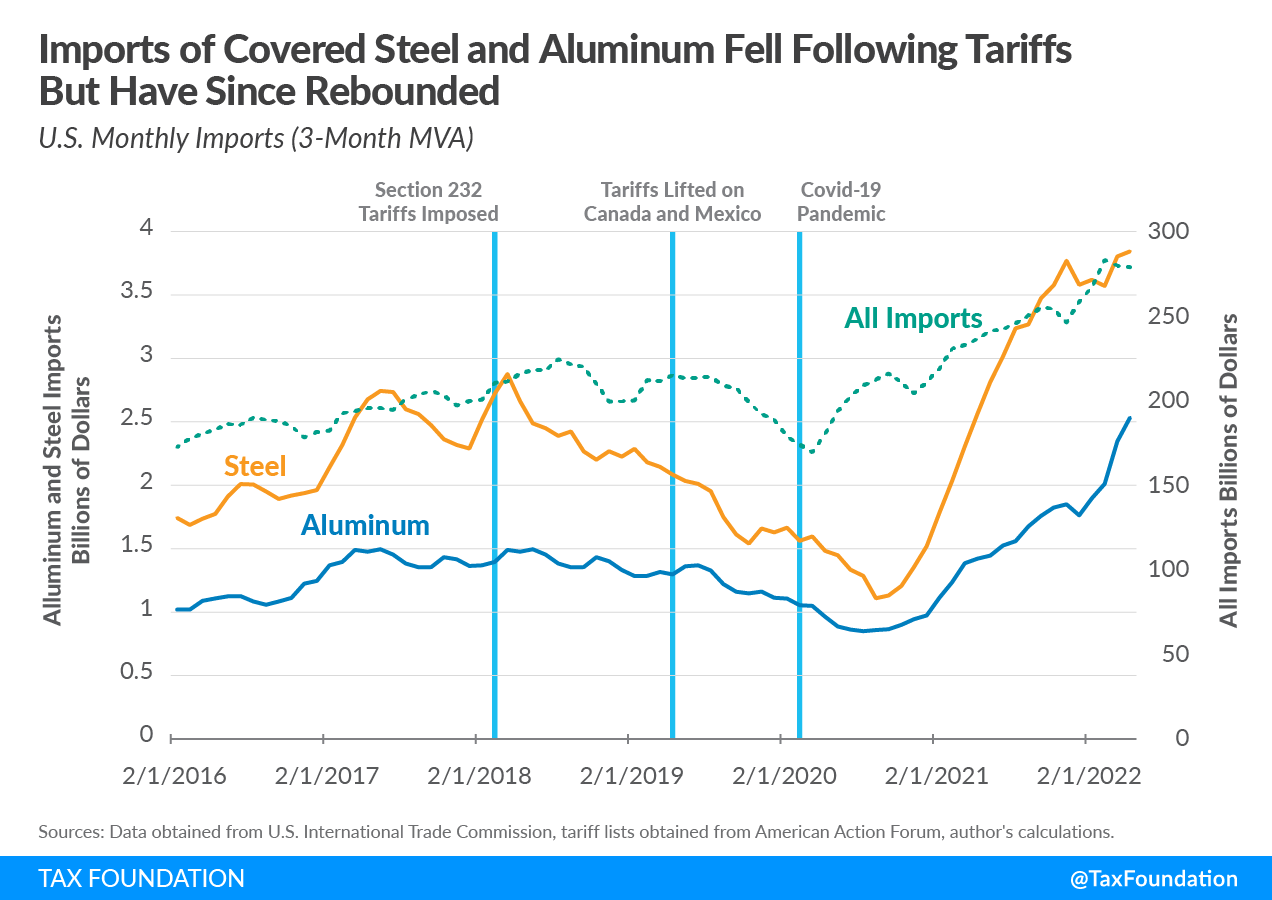District Court Grants Dismissal of Due Process Case Against Former USPTO Officials
“Here, Plaintiffs appealed the PTAB decisions to the Federal Circuit, and the Federal Circuit affirmed the PTAB’s findings that both patents were invalid…. [T]he appeal alone provided procedural protection against an unconstitutional taking….” – Judge Jon McCalla
A Tennessee district court judge on Monday granted a number of former U.S. Patent and Trademark Office (USPTO) officials’ motion to dismiss a case brought by Martin David Hoyle and B.E. Technology alleging violation of the plaintiffs’ constitutional right to due process under the Fifth Amendment.
Hoyle filed the suit in the Western District of Tennessee’s Western Division in August 2021 against former USPTO Director Michelle Lee and a number of other former USPTO officials for allegedly depriving the plaintiffs “of their valuable property rights in quasi-judicial administrative proceedings before the USPTO’s Patent Trial and Appeal Board (‘PTAB’).” The complaint further claimed that PTAB proceedings have been “tainted by various improprieties and underhanded tactics, designed to stack the deck against [plaintiffs] and in favor of their far more powerful opponents.”
According to the complaint, Google filed several patent applications in 2006-2007—when Michelle Lee was Head of Patents and Patent Strategy at Google—that were rejected by the USPTO because the technology described was already patented in the ‘314 and ‘290 patents. Google then abandoned its applications, but Hoyle discovered in 2007 that the company—along with other tech companies, such as Facebook, Microsoft and Samsung—had been using targeted advertising technologies that infringed on his patents and filed patent infringement suits against them in 2012, just after the America Invents Act (AIA) was implemented.
Also in 2012, Michelle Lee became Director of the USPTO’s office in Silicon Valley, and two years later was nominated by President Barack Obama to be Deputy Under Secretary of Commerce for Intellectual Property and Deputy Director of the USPTO. She was confirmed by the Senate in 2015. This was the same year that the PTAB issued decisions in seven separate inter partes review (IPR) proceedings that Google and the other companies filed against B.E. Technology to invalidate the patents.
The lawsuit sought an unspecified amount of damages pursuant to Bivens v. Six Unknown Agents of the Federal Bureau of Narcotics, 403 U.S. 388 (1971) for violations of the plaintiffs’ due process rights under the Fifth Amendment. In the Bivens case, the U.S. Supreme Court held that “it would enforce a damages remedy to compensate persons injured by federal officers who violated the prohibition against unreasonable search and seizures.”
The defendants filed their motion to dismiss in November of 2021, arguing, among other points, that the plaintiffs were seeking an improper extension of Bivens to a new context and that “Plaintiffs’ claims . . . plainly challenge high-level governmental policymaking” that would require “unacceptably burdensome inquiries into sensitive government deliberations about those policies and officials’ motives for creating them.”
In its analysis of the defendants’ motion to dismiss, the district court noted that the Supreme Court has since 1980 “made clear that expanding the Bivens remedy is now a ‘disfavored’ judicial activity.” After Bivens, two other cases—Davis v. Passman, decided in 1979 and Carlson v. Green, decided in 1980—expanded the Bivens holding to two other contexts, but since then the Court has avoided expanding it to any “new context,” which it has defined as any case that is “different in a meaningful way from previous Bivens cases decided by this Court.”
Despite Hoyle’s arguments that the plaintiffs “have quite clearly alleged that Defendants’ conduct deprived them of a ‘constitutionally protected’ property interest without due process of law” and that “Defendants’ contention that this case seeks an improper extension of Bivens ignores well-established historical precedent, in a long line of cases, recognizing the availability of an implied constitutional cause of action under Bivens for claims arising under the Due Process Clause of the Fifth Amendment,” Judge Jon McCalla ultimately found that “this suit would be a new context for Bivens because of the meaningful differences between this case and the three Supreme Court- recognized Bivens actions.” The judge said that since “the statutory and regulatory regimes for patent protection were not implicated, nor were high-ranking officers of the USPTO involved in any of those actions,” the context is new, and thus the court must consider whether any special factors counsel hesitation for extending Bivens.
In this case, “Congress has legislated monetary remedies and injunctive relief for patent infringement and has legislated avenues to challenge the validity of patents, so it follows that Congress would have implemented a remedy for unconstitutional takings of patents as well if it had so desired,” explained the district court.
Most importantly, said the court, the plaintiffs had an alternative remedy to correct the due process violation. The judge wrote:
“Here, Plaintiffs appealed the PTAB decisions to the Federal Circuit, and the Federal Circuit affirmed the PTAB’s findings that both patents were invalid. While Plaintiffs contend that they were unable to raise these specific due process arguments in that appeal because they did not know these factual allegations at the time, Plaintiffs were still able to appeal the taking, and the appeal alone provided procedural protection against an unconstitutional taking…. Because PTAB decisions can be appealed to the Federal Circuit, any improper bias or abuse by PTAB officials can be guarded against by the judicial branch, thus ensuring that the PTAB panels’ reasoning is sound and making a Bivens suit for invalidated patents unnecessary.”
Eileen McDermott
Eileen McDermott is the Editor-in-Chief of IPWatchdog.com. Eileen is a veteran IP and legal journalist, and no stranger to the intellectual property world, having held editorial and managerial positions at […see more]







